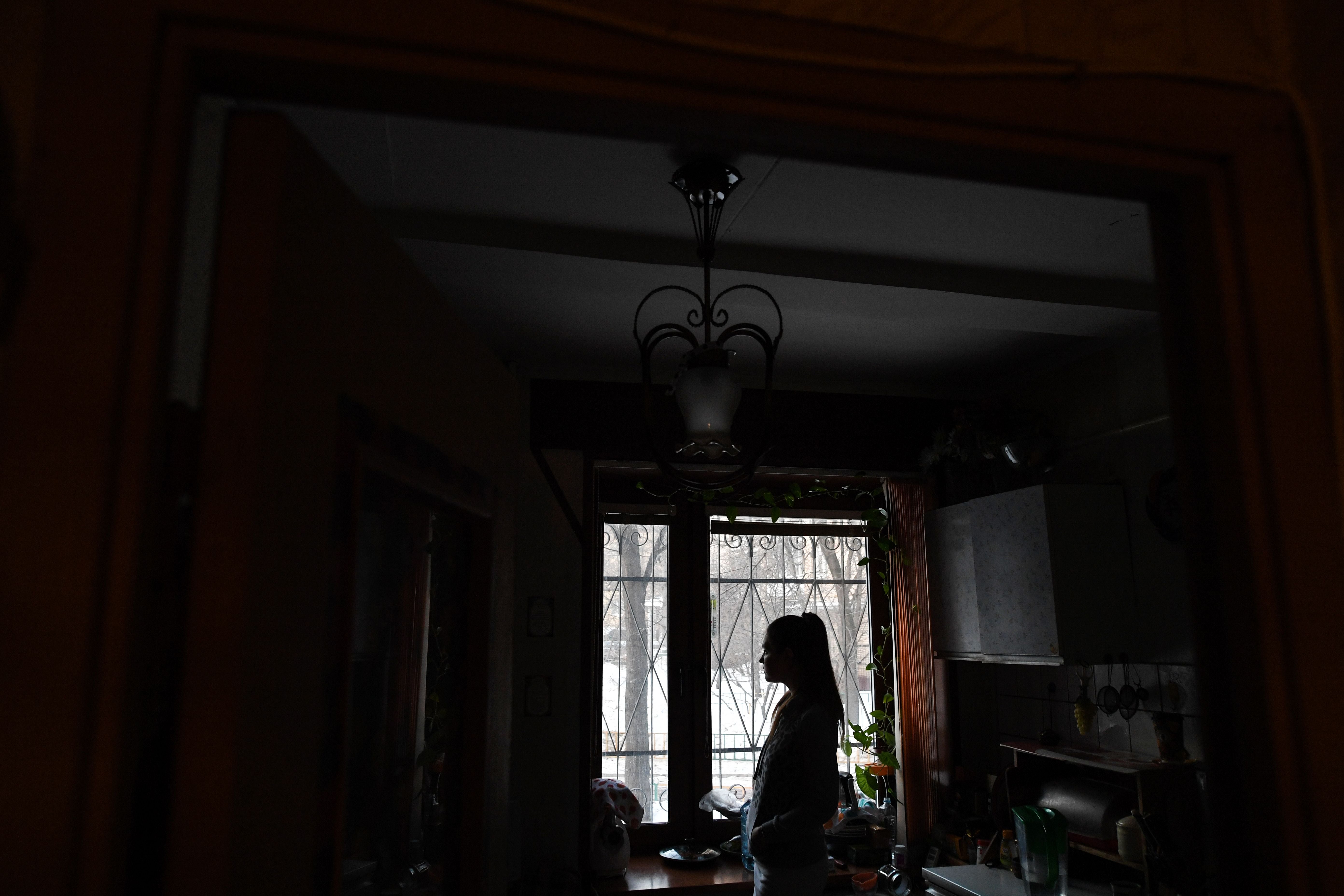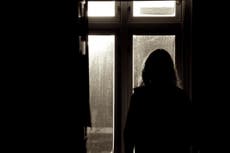Nine in 10 domestic abuse victims ‘get no support via family courts’ finds study
‘There is almost no support for black and minoritised women, male victims, LGBTQ+ and deaf and disabled victims,’ warns domestic abuse commissioner

Your support helps us to tell the story
From reproductive rights to climate change to Big Tech, The Independent is on the ground when the story is developing. Whether it's investigating the financials of Elon Musk's pro-Trump PAC or producing our latest documentary, 'The A Word', which shines a light on the American women fighting for reproductive rights, we know how important it is to parse out the facts from the messaging.
At such a critical moment in US history, we need reporters on the ground. Your donation allows us to keep sending journalists to speak to both sides of the story.
The Independent is trusted by Americans across the entire political spectrum. And unlike many other quality news outlets, we choose not to lock Americans out of our reporting and analysis with paywalls. We believe quality journalism should be available to everyone, paid for by those who can afford it.
Your support makes all the difference.Around nine in ten domestic abuse victims get no support through family courts and the justice system risks re-traumatising victims, according to a new report.
The study, spearheaded by the Domestic Abuse Commissioner, warns that the pandemic has left the justice system “in chaos”.
Two-thirds of services for domestic abuse victims report an increase in the length of cases and backlogs are stretching into next year and beyond, it found.
The report, also carried out by leading charity SafeLives, found one in support workers, known as independent domestic violence advisors (IDVAs), were prevented from going inside the courts.
One domestic abuse survivor said: “The family court process has left me severely traumatised, worse than the domestic violence itself.
“I was belittled, undermined, exposed to my abusive ex repeatedly, my children were not listened to and it felt like father’s rights trumped mine and negated his history of domestic violence. I’ve never been more frightened and alone in my life.”
Every four days in England and Wales, a woman is killed by a current or ex-partner. While a 2016 study by Women’s Aid, a leading domestic abuse charity, revealed the cases of 19 children in 12 families who were all intentionally killed by a parent who was also a known perpetrator of domestic abuse. All of the perpetrators were male and fathers to the children they killed.
The perpetrators all had access to their children via formal or informal child contact arrangements – with more than half of the custody provisions having been ordered through the courts.
Nicole Jacobs, the Domestic Abuse Commissioner, said: “This report comes at a time when there have been significant falls in prosecutions of domestic abuse in the criminal courts, and serious failings acknowledged by government around the treatment of survivors and their children in the family courts.
“Survivors going through the courts also continue to be impacted by the delays caused by the Covid pandemic and will be for some years to come. In this most difficult of contexts, the changes we are calling for cannot come fast enough.”
Researchers, who polled over 300 domestic abuse survivors as well as over 300 services, found victims routinely stated their abusive partners were deliberately using the criminal justice system as a weapon to subject them to “coercive control”.
Ms Jacobs said: “I am extremely concerned that so few victims who are going through the family courts are getting any support at all. The kind of cases that go through the family courts are often highly emotional and usually linked to child custody cases. This must change as a matter of urgency.
“This is felt especially sharply by the most marginalised victims and survivors, who already face additional barriers within these systems. There is almost no support for black and minoritised women, male victims, LGBTQ+ and deaf and disabled victims”.
It comes after campaigners last week warned domestic abuse victims are routinely “silenced” by the family courts and forced into letting dangerous ex-partners see their children.
In a letter, shared exclusively with The Independent, over 40 experts in the family law and violence against women and girls sectors urged the government to take urgent action to protect domestic abuse victims.
The experts warned the Ministry of Justice released a report around a year ago stating the family courts are putting domestic abuse victims and their children at risk of additional harm, yet the system remains wholly unchanged since the research was published.
“As a matter of course, IDVAs, domestic abuse advocates and mental health support workers should be allowed to accompany the party they are supporting into court,” the report said.
While London’s victims commissioner previously toldThe Independent family courts are responsible for “state-sanctioned abuse” of domestic abuse victims as they allow violent parents to torment their ex-partners through the legal process.
Claire Waxman said the family courts have emboldened domestic abusers to “continue cycles of abuse, including control, unwanted contact and harassment”.
A Ministry of Justice spokesperson said: “This government is determined to provide all victims of this appalling crime with the support they need. We are investing an extra £27m to recruit more domestic and sexual violence advisors, while spending hundreds of millions to deliver speedier justice.
“Our landmark Domestic Abuse Act will provide better courtroom protections than ever before – including through special measures such as screens and separate waiting rooms, and by banning cross-examination by perpetrators.”
Anyone who requires help or support can contact the National Domestic Abuse Helpline which is open 24/7 365 days per year on 0808 2000 247 or via their website https://www.nationaldahelpline.org.uk/


Join our commenting forum
Join thought-provoking conversations, follow other Independent readers and see their replies
Comments